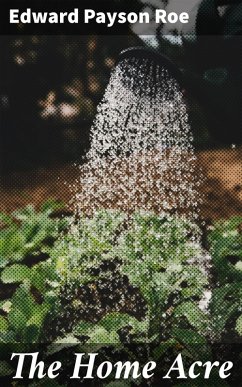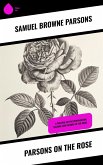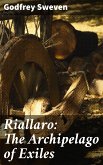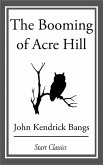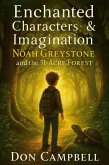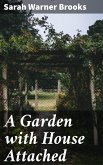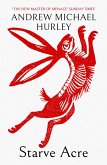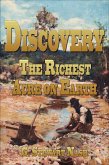In "The Home Acre," Edward Payson Roe deftly intertwines themes of agriculture and domestic life against the backdrop of 19th-century America. Through the lens of its relatable characters, the novel explores the virtues of hard work, moral integrity, and the quintessential American dream of self-sufficiency. Roe's narrative style, characterized by rich descriptions and emotional depth, invites readers into a rural setting that reflects both the beauty and challenges of agrarian life. The book fits within the literary context of the era, aligning with the growing popularity of realism and naturalism, while simultaneously offering a didactic message about the importance of land and labor in shaping character and community. Edward Payson Roe, an esteemed author and Presbyterian minister, was deeply influenced by his experiences in the pastoral landscapes of New York. His own background in agriculture, paired with his theological insights, cultivated a profound appreciation for nature's role in human morality and societal progress. Roe's writings often depict the struggles of rural families, revealing the resilience required to cultivate both land and virtue in a rapidly industrializing world. Readers seeking a thought-provoking exploration of life on the homestead will find "The Home Acre" a rewarding read. Its timeless themes resonate today, reminding us of the interconnectedness of our choices, our environment, and our communities. Roe's eloquent prose and nuanced characters make this novel a compelling addition to the canon of American literature.
Dieser Download kann aus rechtlichen Gründen nur mit Rechnungsadresse in A, B, BG, CY, CZ, D, DK, EW, E, FIN, F, GR, H, IRL, I, LT, L, LR, M, NL, PL, P, R, S, SLO, SK ausgeliefert werden.

